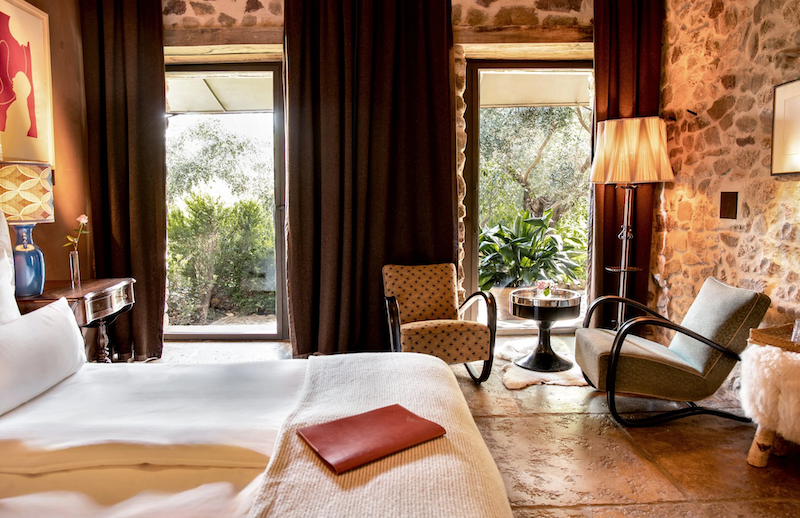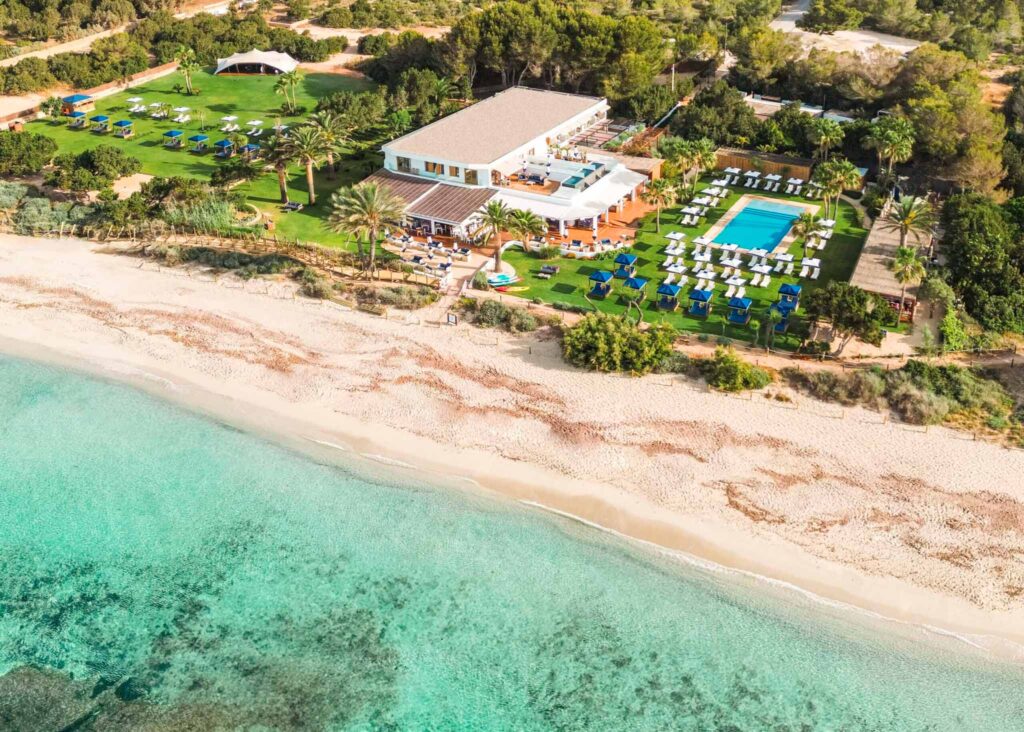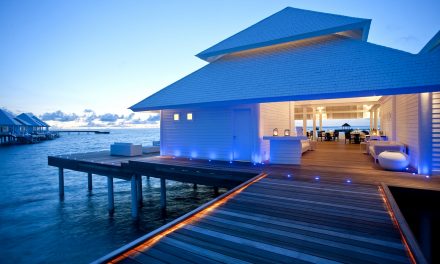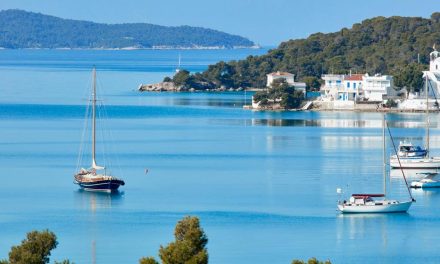Luxury is no longer measured in hotel stars, or not only, but in authenticity, connection, and purpose. After a decade marked by experiential tourism, Spain is now leading a trend that redefines the concept of travel: “meaningful travel”, a way of exploring the world that combines exclusivity, sustainability, and vibrant culture.
From the coasts of Galicia to the olive groves of Andalusia, travelers from all over the world are seeking destinations that offer not only pleasure, but also history, silence, and roots.

Cap Rocat, Mallorca.
At a time when global travelers are seeking true disconnection, Spain has rediscovered its soul, and purpose-driven tourism has revitalized the country’s rural and heritage areas. Projects like La Donaira, in the Sierra de Ronda (Andalusia), combine a boutique hotel, a biodynamic farm, and an equestrian center, creating an immersive experience between nature, wellness, and art.

Finca La Donaira
In Galicia, A Quinta da Auga, a former mill converted into a spa hotel, blends Galician tradition with haute cuisine and environmental respect. In the Basque Country, Hotel Akelarre unites chef Pedro Subijana’s vision with the Cantabrian landscape to offer complete cultural immersion.
Each of these places captures the essence of a region, inviting travelers to participate, not just consume.
This approach aligns with what is known as quiet luxury: discreet, exclusive, and deeply human experiences, where personalised service and respect for the environment are more important than spectacle.
“True luxury knows no standardization,” says hotelier Pablo Carrington, founder of Marugal Distinctive Hotel Management, an international management company specializing in the development and operation of unique hotels such as Cap Rocat (Mallorca), Gecko Beach Club (Formentera), and Palacio Solecio (Málaga), among others.

Gecko Hotel, Formentera.
Spain has become a global benchmark for sustainable and experiential tourism. According to the National Institute of Statistics, more than 30% of international travelers say they choose destinations for their positive environmental and social impact. Spanish regions are responding with circular economy projects, heritage restoration, and regenerative tourism.
For international audiences, Spain offers a cultural and emotional mirror: a way of traveling that combines roots, refinement, and purpose. In times of hyper connectivity, meaningful travel not only enriches the traveler but also returns value to the communities that host them.
Because travel is not about escaping the world, but returning to it with open eyes.











